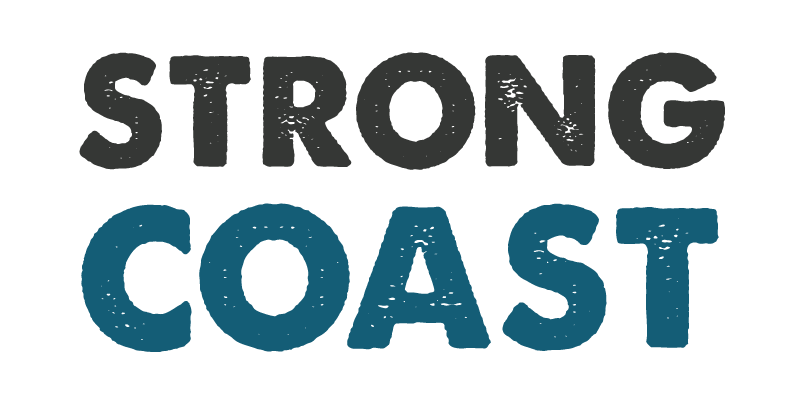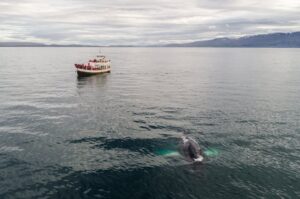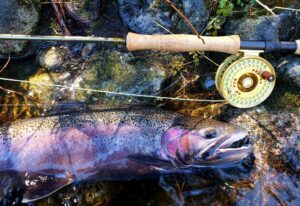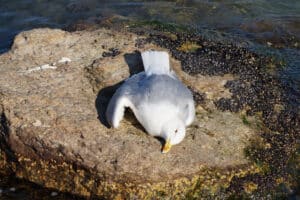The Federal government’s draft plan for transitioning open-net pen salmon farms out of BC has finally arrived, seven weeks after the initial due date.
The new draft plan outlines the government’s vision for how it plans to support the fish farm industry’s move to land-based farming, which is seen as a much more sustainable alternative.
That announcement was met with mixed reactions. Industry claimed that five years was not enough time for them to make a successful transition, while wild salmon advocates expressed disappointment, saying that the federal government led them to believe the phase-out was going to happen in 2025.
The plan describes the government’s intention of making BC a world leader in innovative and clean aquaculture technology. Additionally, it also says that the government plans to work closely with the First Nations involved in aquaculture on training and reskilling opportunities as well as identifying and developing new economic opportunities.
There are around 17 First Nations in BC that have formal agreements with fish farm owners, all of whom are from foreign. Meanwhile, 120 First Nations in BC have expressed their disapproval of fish farms, citing concerns over the farms’ impact on wild Pacific salmon, which is economically and culturally significant for those First Nations.
According to CTV News, which obtained a copy of the draft plan, the government “acknowledges the transition to other forms of aquaculture will likely take longer than that.”
Recent reports have emerged of successful land-based farming pilots. The ‘Namgis First Nation says a land-based fish farm, also known as a closed-containment fish farm, it owns near Port McNeill has demonstrated promising results, allowing the Nation to harvest four tons a week.
The ‘Namgis are one of the Nations opposed to open net salmon farming. They set up this closed-containment facility 14 years ago to test the feasibility of this alternative method of fish farming.
In a webcast for investors last month, Mowi CEO Ivan Vindheim said the company is rethinking its future in BC. Mowi is a Norwegian multinational aquaculture company that owns multiple fish farms in BC. Its fish farms in the Discovery Islands were closed down by former Fisheries Minister Joyce Murray in 2023, a move that prompted a lawsuit from Mowi.
Vindheim said that fish farms in BC “[have] never been particularly profitable for Mowi.” He also said that in 2023, the company harvested 19,000 tonnes of fish in BC, which accounted for only 1% of the company’s total profits, and that the company was “barely break[ing] even” in 2024.
He said Mowi will be exploring its options before deciding what to do.
The state of Norway’s wild salmon stocks recently came under the spotlight, with reports emerging that Norway is facing a wild salmon collapse due in part to the impact of fish farms. As a result of this, Norway has had to place limitations on wild salmon fishing. In response to dwindling returns and record lows in 2021 and 2023, Norway’s Environment Agency closed 33 rivers and sea waters along the country’s entire southern coast to wild salmon fishing this June.
An independent body set up by the Environment Agency said that the open net salmon farms in Norway’s waters, as well as global warming, were to blame for the decline.




